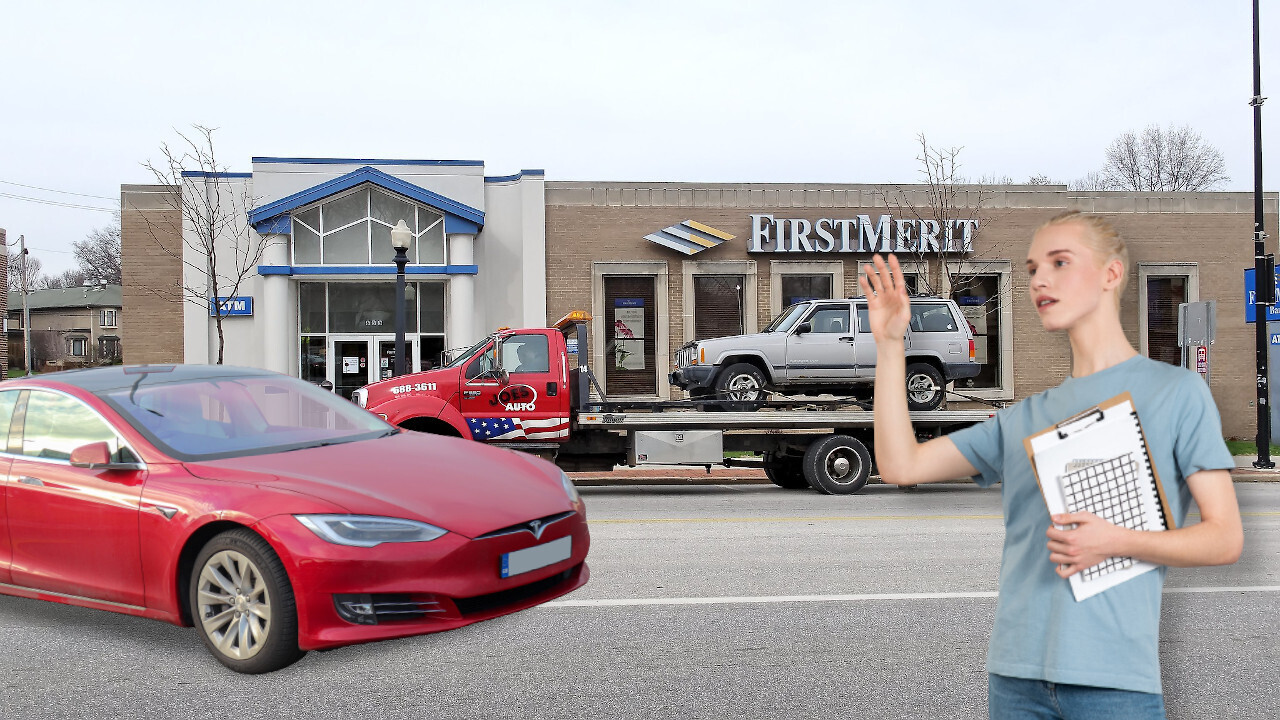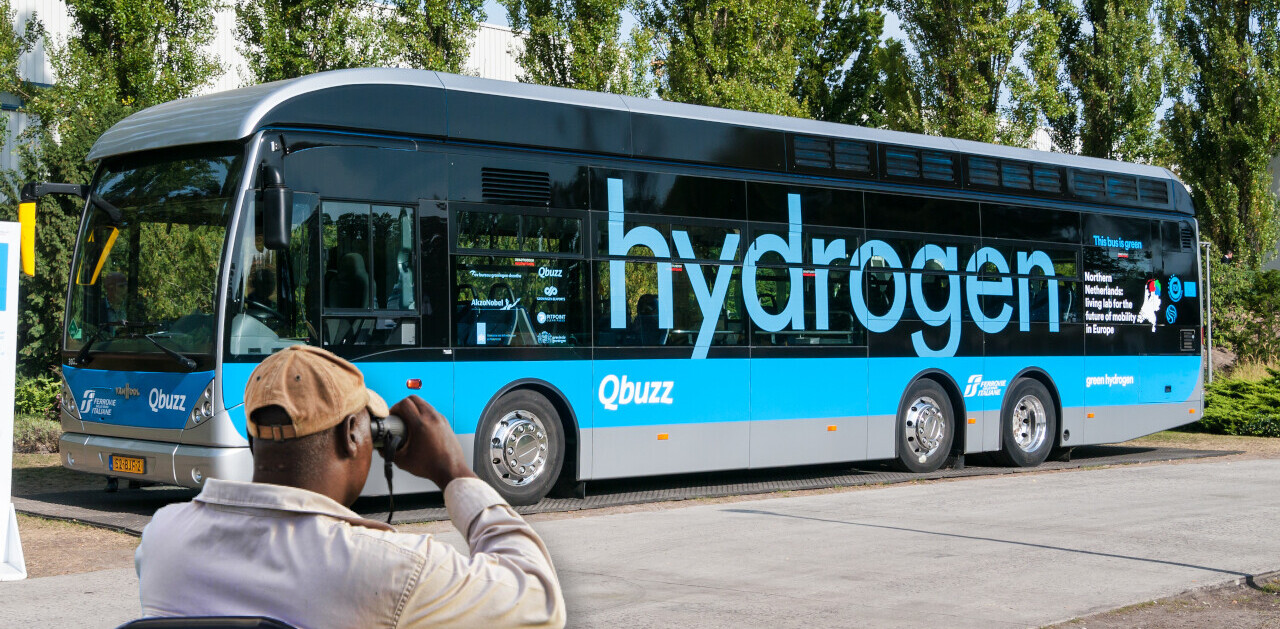This article was originally published by Martin Banks on Clean Fleet Report, a publication that gives its readers the information they need to move to cars and trucks with best fuel economy, including electric cars, fuel cells, plug-in hybrids, hybrids and advanced diesel and gasoline engines.
New technology raises new legal questions
More than 1,400 autonomous vehicles from more than 80 companies are being tested on US roads. As they continue to make headlines, their presence raises a few questions about how they might change society.
These hypotheticals range from serious to ridiculous–somewhere in the middle lies this question: If you were leasing a self-driving car and fell behind on payments, could it repossess itself? The repo process would certainly be easier if lenders could simply summon vehicles.
This isn’t the kind of thing that happens today, of course, but that could change. Electric trucks once seemed unlikely, and now multiple manufacturers offer electric pickups, from Ford to Tesla. As self-driving car technology advances and society adapts, autonomous repossession could be possible.

Technological barriers
One of the most significant barriers to automatic repo is self-driving cars’ biggest obstacle as a whole: technology. Today’s autonomous vehicles can’t drive themselves, and it could take years before that’s a possibility. Traffic has too many variables, and if a self-driving car crashes on its way back to the lender, automatic repo isn’t worth the convenience.

Lenders would also have to start these vehicles remotely. Remote starters do exist, but they typically have ranges of less than a mile, which is likely too short for most repo situations. These systems would have to work across long distances, which could be challenging to implement without any interference.
Advances in tech could fix both of these problems. The necessary wireless infrastructure for long-range remote startup could come as 5G networks roll out. The actual self-driving features face a more substantial challenge, though.
For autonomous repo to be worthwhile, self-driving features need to be near-perfect. As long as driverless navigation is even marginally less safe than a human driver, traditional repo is a more sensible option. Considering how complex this technology will have to be, that level of autonomous driving could take years to achieve.
Legal considerations
Even if the technology existed for autonomous repossession to be possible, there would be a few legal considerations. Repo agents can legally enter your property to claim a vehicle, so there’s no trouble with the act of summoning a car from someone’s property itself. Complications arise in some specific situations, though.

Imagine if someone was in their car when the lender decided to repossess it. Controls would likely be in place so the commands would override any action from the driver, but that also means the car will come with a person. Someone could possibly make the case that this counts as abduction.
Laws will have to evolve along with technology to clarify situations like this. Considering how some experts say it may be another 30 years before self-driving cars are common, this legislation won’t appear for a while.
Given this legal ambiguity, many lenders may not want to establish a remote repo system even if they could. It will take more clarification and precedent for companies to feel comfortable using self-driving features this way. As it is right now, many companies can remotely disable a car to prevent it from being used if you fall behind on a payment.
The future of self-driving cars remains uncertain
Eventually, self-driving cars will technically be able to repossess themselves. The necessary technology could theoretically exist within a few years, although it won’t be reliable enough to make business sense for several more. Even when technology has caught up, it’s unclear if repo agencies and lenders would want to use these features.
The future of autonomous repo, like that of self-driving cars themselves, is still open-ended. It will certainly be possible at some point. Whether it’ll be preferable is another matter.
Do EVs excite your electrons? Do ebikes get your wheels spinning? Do self-driving cars get you all charged up?
Then you need the weekly SHIFT newsletter in your life. Click here to sign up.
Get the TNW newsletter
Get the most important tech news in your inbox each week.






